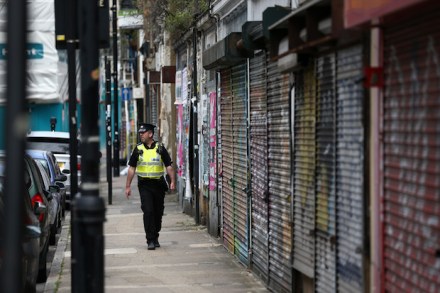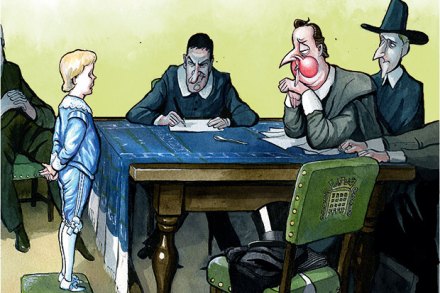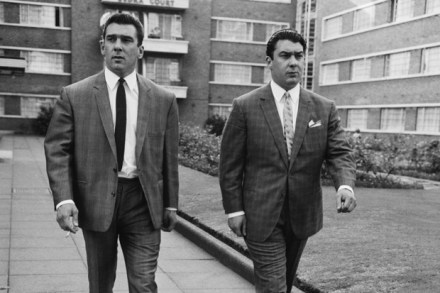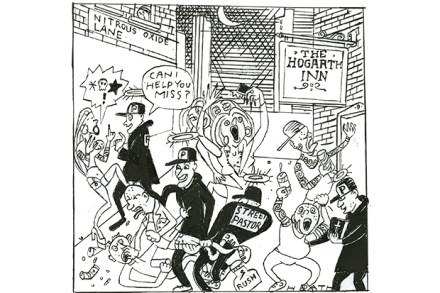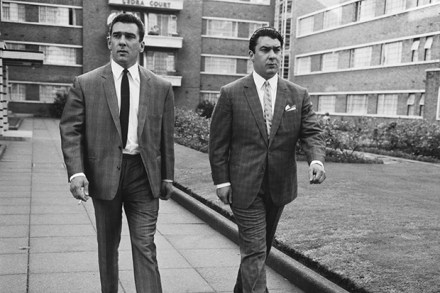The rich are getting richer – the poor are getting robbed
Much fuss is made about financial inequality, but what about inequality of crime? It’s a question that has never been properly answered. Last year, The Spectator put out an appeal for help with social questions that weren’t being addressed by politicians or academia. One was whether the much-lauded fall in crime has been concentrated in richer neighbourhoods. Strangely, the Home Office seems never to have looked into it. It’s an area I know something about, having previously worked on profiling areas across the country based on their inhabitants’ wealth, health, and various other factors for a number of demographic studies. So The Spectator commissioned me to carry out the study. The
